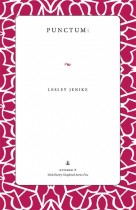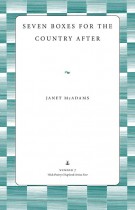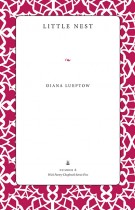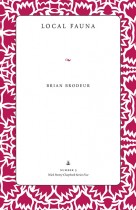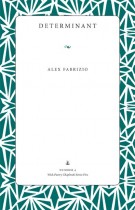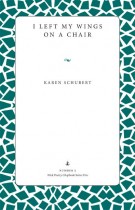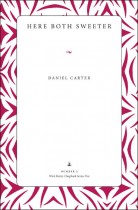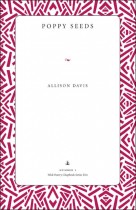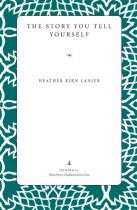Cadence
Hannah Stephenson | Filed under: Poetry, Wick Chapbook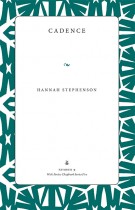
Having children fundamentally disrupts and remakes us, in terms of body, identity, perspective, and voice. The world shrinks and exponentially expands. Our already-fraught human experience of time is shredded and magnified.
Cadence captures the poet’s point of view as a new mother, reveling in a position of heightened vulnerability and ferocity. The poems in this chapbook are breathless, hyperattentive to others’ needs, and equally in love with earthliness and repulsed by the monstrousness we enact/bear witness to.

